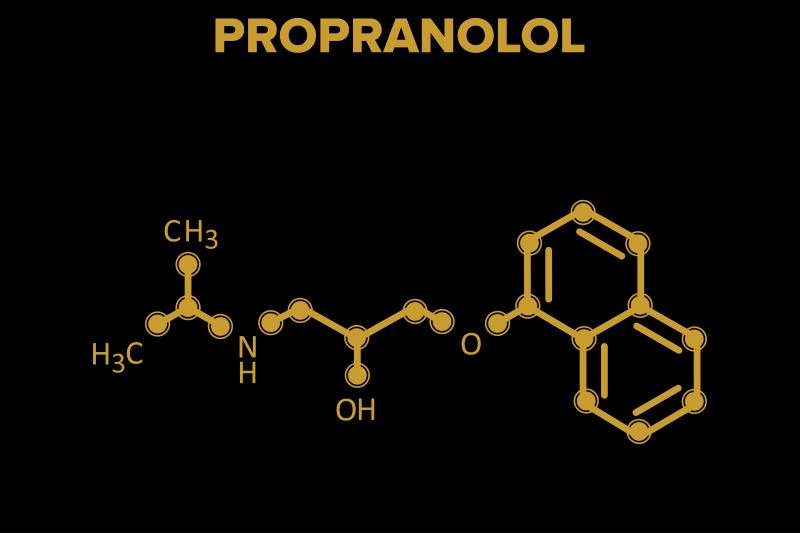
Administering intravenous propranolol hydrochloride does not reduce the duration of labour induction for nulliparous women who undergo vaginal delivery, according to a study presented at SMFM 2020.
“Propranolol hydrochloride is a beta-adrenergic antagonist that has known activity in myometrium and small studies [have] suggested decreased duration of induced labour [with propranolol]. Our objective was to determine if the addition of propranolol to nulliparous induction of labour would decrease time to vaginal delivery,” said the researchers.
The trial enrolled 240 nulliparous women with a singleton nonanomalous gestation who underwent induction of labour between December 2017 and December 2018 at Mount Sinai Medical Centre in New York, US. Participants were randomly assigned to receive either 2 mg of intravenous propranolol (n=121) or saline placebo (n=119) 30 minutes after the start of labour induction. The primary endpoint of the study was the time from induction of labour to vaginal delivery. [SMFM 2020, abstract 30]
Among all the participants, 64.2 percent of the women had vaginal delivery.
The time from the start of induction of labour to vaginal delivery was comparable between women who received propranolol vs those receiving placebo (13.8 vs 14.3 hours; p=0.58).
Women on propranolol had a significantly lower rate of composite maternal morbidity (28.9 percent vs 41.2 percent; p=0.047; RR, 0.70, 95 percent confidence interval [CI], 0.49–1.00), post-partum haemorrhage (12.4 percent vs 21.8 percent; p=0.05), and transfusion (0.0 percent vs 4.2 percent; p=0.03) than those on placebo.
“Data were analysed as intention to treat with a p-value of ≤0.05 considered significant,” the researchers said.
Women who received propranolol showed no difference to the placebo group with regard to the rate of Caesarean section (38 percent vs 33.6 percent; p=0.48) and the time to active labour (11.0 vs 11.2 hours; p=0.77) or time to full dilation (12.4 vs 12.8 hours; p=0.60).
Neonatal outcomes or composite morbidity were also comparable between the propranolol and the placebo treatment groups (RR, 0.74, 95 percent CI, 0.44–1.22).
“[In conclusion,] the addition of a one-time dose of propranolol to nulliparous induction of labour does not decrease [the] time to delivery or the rate of Caesarean section,” said the researchers, who highlighted that ”propranolol significantly reduces composite maternal morbidity without adverse neonatal effects.”